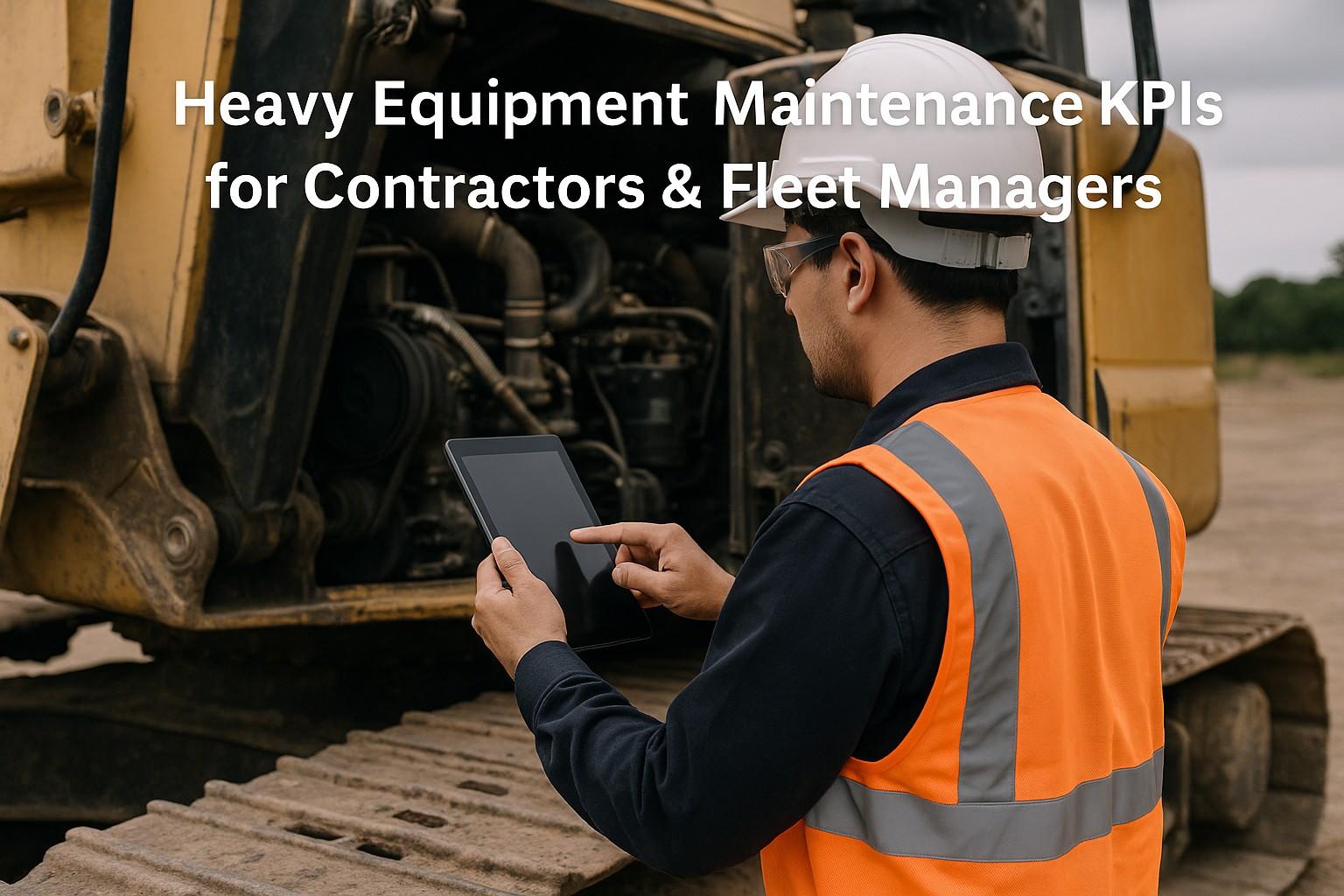The Internet of Things (IoT) is revolutionizing many industries. One of the most significant areas where IoT is making an impact is fleet management. This blog will help fleet maintenance managers understand IoT, its benefits, features, and how it can improve fleet management.
What is IoT in Fleet Management?
IoT refers to the network of physical objects that are embedded with sensors, software, and other technologies. These devices connect and exchange data with other devices and systems over the internet.
Application in Fleet Management
In fleet management, IoT involves using connected devices in vehicles to collect and transmit data. This data helps in monitoring, managing, and optimizing fleet operations.
Why IoT is Important in Fleet Management?
Enhanced Efficiency
IoT technology helps in optimizing routes, reducing fuel consumption, and minimizing vehicle downtime. This leads to enhanced operational efficiency in fleet operations.
Cost Reduction
By monitoring vehicle performance and driver behavior, IoT can help reduce maintenance and repair costs. It also helps in avoiding unnecessary expenditures by predicting potential issues.
Improved Safety
IoT devices can monitor driving patterns and vehicle conditions in real-time. This helps in ensuring the safety of both drivers and vehicles by preventing accidents during fleet operations.
Better Decision Making
IoT provides real-time data, which helps fleet managers make informed decisions. This leads to improved strategic planning and operational management in fleet operations.
How IoT Works in Fleet Management?
Data Collection
IoT devices installed in vehicles collect data on various parameters such as speed, fuel consumption, engine performance, and location. This is crucial for effective fleet management and fleet maintenance.
Data Transmission
The collected data is transmitted to a central system via the internet. This allows fleet managers to monitor the data in real-time, enhancing fleet management and fleet maintenance processes.
Data Analysis
Advanced analytics tools process the data to provide insights. This helps in identifying patterns, predicting issues, and making informed decisions for fleet operations.
Actionable Insights
The analyzed data provides actionable insights that help in optimizing routes, scheduling maintenance, and improving overall fleet performance. This is vital for effective fleet management and fleet maintenance.
Key Features of IoT in Fleet Management
Real-Time Tracking
IoT enables real-time tracking of vehicles, which helps in monitoring their location, speed, and route. This is a crucial aspect of fleet management and fleet operations.
Predictive Maintenance
IoT devices can predict potential vehicle issues before they occur. This helps in scheduling maintenance and avoiding unexpected breakdowns, which is essential for fleet maintenance.
Driver Behavior Monitoring
IoT technology can monitor driver behavior, such as speed, braking patterns, and idle time. This helps in improving driver performance and safety during fleet operations.
Fuel Management
IoT provides insights into fuel consumption, helping fleet managers optimize fuel usage and reduce costs. This is a key aspect of fleet management and fleet maintenance.
Route Optimization
IoT helps in optimizing routes based on real-time traffic data. This leads to reduced travel time and fuel consumption, enhancing fleet operations.
Automated Reporting
IoT systems can generate automated reports on various parameters, saving time and effort for fleet managers. This is an important feature for efficient fleet management.
Integration with Other Systems
IoT can integrate with other fleet management systems, providing a comprehensive solution for managing fleets. This is beneficial for both fleet operations and fleet maintenance.
Benefits of IoT in Fleet Management
Increased Operational Efficiency
IoT helps in streamlining operations, leading to increased efficiency and productivity in fleet management and fleet operations.
Reduced Costs
By optimizing routes, monitoring driver behavior, and predicting maintenance needs, IoT helps in reducing operational costs. This is beneficial for fleet management and fleet maintenance.
Enhanced Safety
IoT improves safety by monitoring vehicle conditions and driver behavior, preventing accidents and ensuring compliance with safety regulations during fleet operations.
Better Customer Service
IoT enables real-time tracking and efficient route planning, leading to timely deliveries and improved customer satisfaction. This is a key benefit of fleet management.
Environmental Benefits
Optimized routes and reduced fuel consumption help in lowering the carbon footprint, contributing to environmental sustainability. This is an added advantage of effective fleet management and fleet maintenance.
Challenges of Implementing IoT in Fleet Management
High Initial Costs
The initial cost of implementing IoT technology can be high. This includes the cost of devices, software, and training, which can be a challenge for fleet management.
Data Security
Ensuring the security of data transmitted and stored by IoT devices is a significant challenge in fleet management.
Integration with Existing Systems
Integrating IoT with existing fleet management systems can be complex and require technical expertise, posing a challenge for fleet operations.
Maintenance of IoT Devices
Maintaining and updating IoT devices can be challenging and require ongoing investment. This is an important aspect of fleet maintenance.
Data Overload
IoT generates a large amount of data. Managing and analyzing this data effectively can be overwhelming for fleet management.
Conclusion
IoT is transforming fleet management by providing real-time data, predictive insights, and improved operational efficiency. While there are challenges, the benefits far outweigh them. Fleet managers should consider adopting IoT to stay competitive and enhance their fleet operations and fleet maintenance.
Are you ready to transform your fleet management with IoT? Contact us today to learn more about our IoT solutions and how they can benefit your fleet operations and fleet maintenance.




